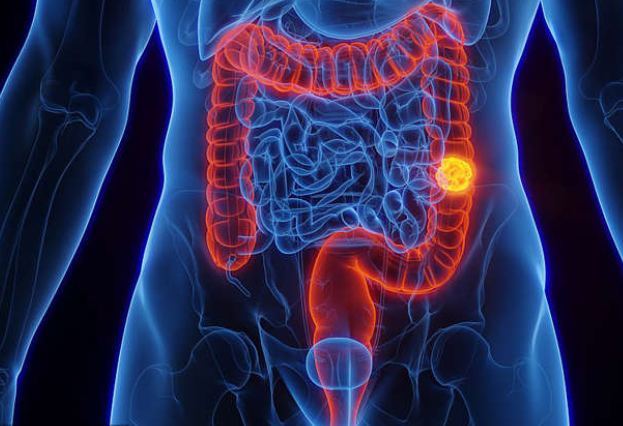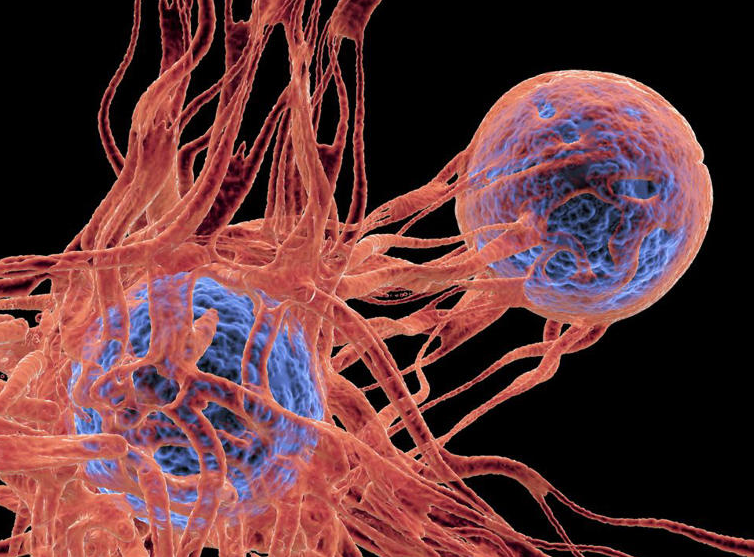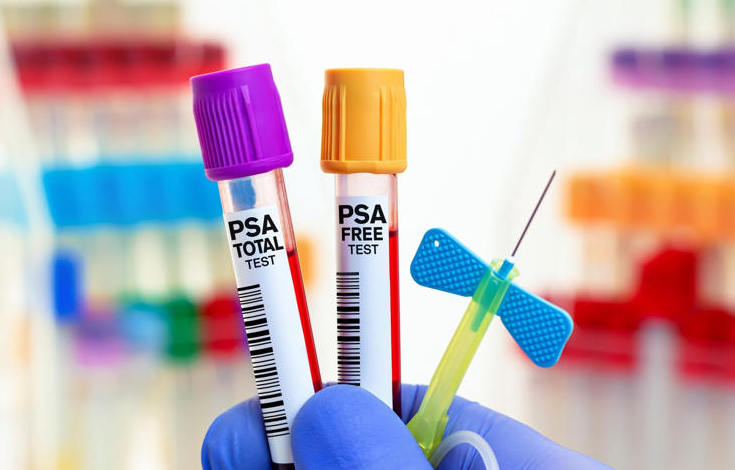Bowel cancer expert explains key reasons disease is becoming more common in under 50s
Bowel cancer diagnoses have rocketed with an additional 100 young people a day told they are sufferers, with one expert explaining the reasons more young people are being diagnosed. One scientist has concluded the key reasons for this surge are: dietary changes and processed foods, sedentary lifestyles, obesity, genetic factors, and delayed diagnosis or misdiagnosis. Bowel cancer is now the most common form of cancer in the UK, affecting 43,000 Brits a year, and killing 17,000.
Early onset cancer, is medically defined as the disease striking adults under 50. Tell-tale symptoms of bowel cancer include bleeding, bloating, losing weight without trying, tummy pain and changes to stool, diarrhea or constipation that is not usual for you. Dr Haney Youssef, bowel cancer expert and colorectal surgeon at The Harborne Hospital, part of HCA Healthcare UK, in Birmingham, told MailOnline some of the reasons for bowel cancer’s surge amongst younger people. The first potential reason is dietary changes and increased intake of processed foods.
Dr Youssef said: “The modern diet, particularly in Western countries, has seen a significant increase in the consumption of processed and fast foods. These foods are often high in unhealthy fats, sugars, and additives, while being low in fibre. A diet low in fibre and high in processed foods can contribute to the development of bowel cancer.” He added that younger generations may be more susceptible to buying this sort of food, which also lacks fibre, a crucial part of a healthy diet. Fibre helps to keep us regular, meaning harmful chemicals can pass through the bowel, according to Cancer Research UK (CRUK).
Meats that are processed through curing, smoking or salting, such as in sausages, bacon, salami, chorizo, ham, and hot dogs, are most widely known to increase cancer risk. This is often done by adding chemical preservatives such as nitrates, which on digestion can turn into N-nitroso chemicals, which in turn damage the bowel. Another contributing factor may be an increase in sedentary lifestyles, with the more active you are the lower your risk of bowel cancer, according to CRUK. Dr Youssef said: “With the rise of digital technology and changes in work and leisure activities, sedentary lifestyles have become more common.
"Many young people spend long hours sitting, whether at a desk, in front of a computer, or using mobile devices. Lack of physical activity is a known risk factor for bowel cancer, as regular exercise helps maintain a healthy digestive system and overall well-being.
Remaining active helps your immune system run better, meaning it is better equipped to deal with cells which could go on to become cancer, according to CRUK. By the same token, obesity is the second biggest cause of cancer in the UK according to CRUK. Dr Youssef said: “Obesity rates have been climbing globally, and younger age groups are not immune to this trend. “Excess body fat can lead to inflammation and changes in hormone levels, which may promote cancer development. The rising prevalence of obesity in younger individuals is a contributing factor to the increased incidence of bowel cancer in this demographic.”
When you are overweight the body's growth hormones rise, causing cells to divide more often, which means more chance of cancer cells appearing, increasing the odds of getting the disease. Another factor increasing risk is that immune cells are attracted to areas of the body where there are lots of fat cells, meaning an inflammation spike in these areas which causes cells to divide quicker.
Naturally, genetic factors are uncontrollable and can affect your chances of suffering from the disease. But it's not all diet and exercise, genetics can also be putting you at a higher risk of the disease. Dr Youssef said: “Research has not unveiled a conclusive connection between genetics and the increase in diagnosis – however, having a first degree relative under 50 who has had bowel cancer could suggest a higher risk for younger people.” He went on to add: “While most cases of bowel cancer are sporadic, a portion of younger patients may have a genetic predisposition to the disease. Conditions such as Lynch syndrome and familial adenomatous polyposis (FAP) significantly increase the risk of developing bowel cancer at a young age – however, this only accounts for 5 per cent of all bowel cancer cases.”
Following the death of Dame Deborah James, who died from bowel cancer aged 40 in 2022, increased awareness and kickstarted improved diagnostic techniques. Now, it is thought there is an increased figure of young people getting diagnosed with bowel cancer. Dr Youssef said: “Younger people are more aware of the importance of getting medical advice for symptoms such as ongoing bowel habit changes and rectal bleeding. As a result, this could be having a knock-on effect on the number of younger people getting diagnosed.”
Figures released last month showed NHS England met just one of its three cancer diagnosis targets, with just 77.3 per cent of the 254,594 urgent cancer referrals made by GPs in March, diagnosed or had the disease ruled out within 28 days. The target is 75 per cent.
Dr Yousseff added: “'Symptoms such as abdominal pain, changes in bowel habits, and rectal bleeding can be attributed to less serious conditions like irritable bowel syndrome (IBS) or haemorrhoids. For a small minority, this delay in accurate diagnosis allows the cancer to progress to more advanced stages before it is detected. By addressing the controllable factors, such as dietary habits, promoting physical activity, and managing obesity, individuals can help reduce their risk of bowel cancer.”
Source: Mirror Story by Emelia Randall





